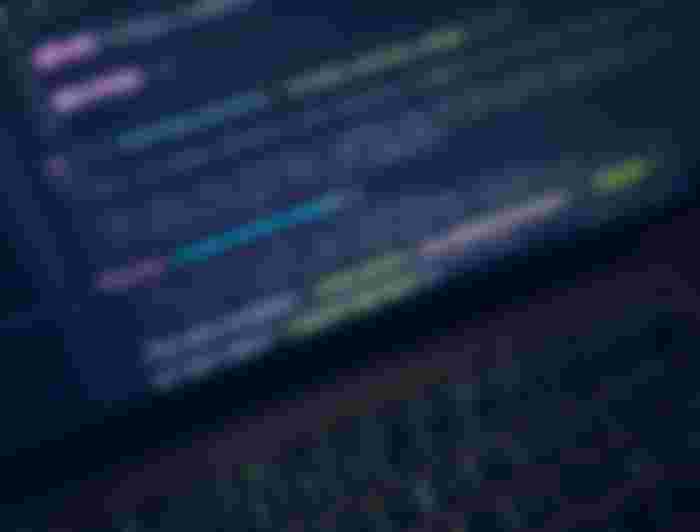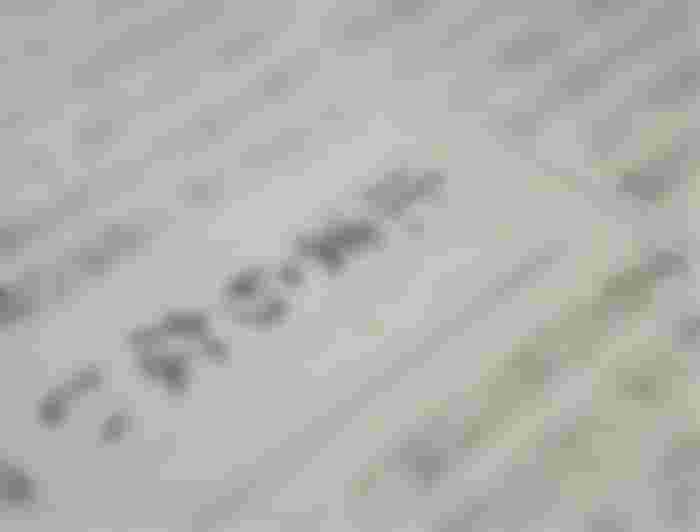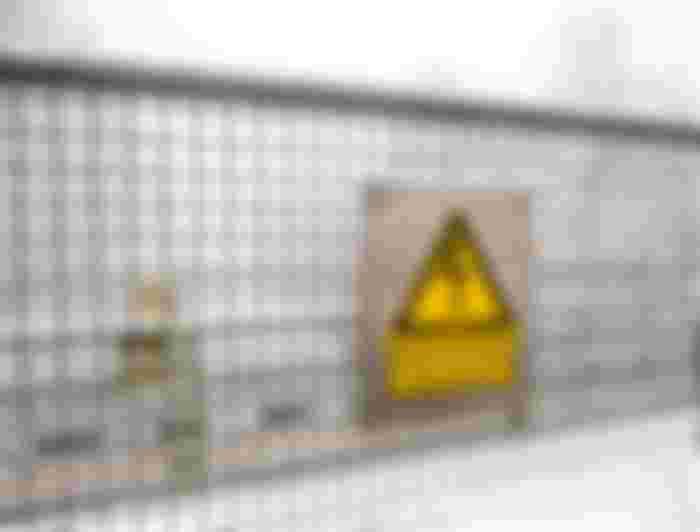It is not clear who owns the Internet, what it is made of, or how to get there. Internet anonymity refers to how people use the internet without revealing their true identities. They can be personally identifiable information (PII) that would be public is if they logged on information-sharing websites like Facebook or Twitter and their IP address was captured by someone else. Anonymity can also refer to hiding your location when using certain apps like Waze or Messenger for geo-location sharing
This article will explore anonymous usage facts and what you might not know about this much debated phenomenon in today’s society. Before you continue to read on why your information on the internet cloud be distributed for years , why internet anonymous is just a myth and why the only way to be anonymous is not to use the internet. Let me show you for the ways or question that you will mostly see in this article so you dont get confuse.
Basic Word and Questions;
Privacy Basics;
Information on the Internet that was once considered private is now public information. Corporations have been gathering this data and selling it to interested parties for years. Because of these possible breaches in the security of your personal information, consumers must be aware of who they are sharing their information with and when they are doing so.
What Is IP Address?
IP refers to a TCP/IP address that is used to connect with other computers in a network, such as an Internet Service Provider (ISP). It is a unique set of numbers identifying every device connected to the Internet; each device has its own unique address which identifies where packets should be sent to.
An IP address is a numeric address that is part of the Domain Name System (DNS). It reveals the location and type of computer but does not give away any personal information.
How Is The IP Address Used?
An IP address can be used to get to a website. For example, if you go to a website it may ask for your IP address first. If you do not know it, it will tell you how to find it on your computer and what the number means. You can also use YouTube or Netflix without logging in because these websites would not need an account unless they are hosted on your local computer.
What Is The IPv6?
This is the next generation of IP addressing. It was developed to allow every device to have its own private address. This means that machines and humans with the new addresses can be differentiated from one another. IPv6 has much larger numbers, making it impossible for individuals like nefarious hackers to use an individual’s IP address to track them down or steal sensitive information from them using malware. There are about 340 trillion, trillion, trillion, trillion possible addresses available in IPv6. The main drawback is that it cannot be used with old internet infrastructure and must be replaced first before any sites can use it.
So now that you know, let get back to our article;
Once an Internet user's information is revealed, it can be shared with others and distributed for years.

Once an Internet user's information is revealed, it can be shared with others and distributed for years. In fact, sensationalist media often takes a person's private life and turns it into a public issue to sell papers or broadcast their message to thousands of viewers across the globe. The recent case of a former NFL player exposing his personal life on Twitter has caused some to question if this practice is being done too often.
This article will address what comes after someone reveals private information about themselves online through social media outlets such as Twitter or Instagram. It will discuss what protection you have from your privacy, should you decide that such protection is worth your time and effort in protecting yourself from potential damages that could come from releasing personal information online.
A recent study conducted by the Pew Research Center in December 2013 found that 34 percent of Internet users who use social media have posted some type of sensitive information about themselves. That number is higher when you take into account Twitter alone, with one-third of the site's users admitting to posting something private on the platform.
Publicizing personal information online can be cause for concern, especially in regards to your privacy and what you do to protect yourself from those who could take advantage of such information.
If you are found guilty of defamation or libel for posting false statements about another person online, depending on how severe the statements are, you may find yourself facing a lawsuit that could cost you more than just money.
The question many people ask when they first encounter a problem like this is: What can be done if their information is being revealed?
The better question may be: What can't be done?

Putting a stop to the spread of personal information online is an uphill battle, especially because in certain circumstances the information can continue to spread long after it was initially posted. In an article published by the Associated Press, it was noted that some of the data collected by companies selling social media data contained incorrect data that could result in additional problems for those who are found to have something about them wrong on a profile. This inaccurate profile may be found by someone else, who can use it against you.
Social media plays a large role in our society today. Several individuals use it for networking and other reasons. No matter what your reason may be, you need to make sure that you are protected and can live an Internet life with minimal concern about your privacy or reputation.
A major reason people believe they have anonymity is because they use a proxy or VPN.

There are many misconceptions about anonymity on the internet, and it's not hard to see why.
The internet is a fast-paced space, full of technology and innovation that’s constantly evolving. It’s not surprising when people make mistakes in understanding how to use these technologies correctly or how they work entirely.
One common misconception is that because your ISP might only be able to see an IP address, like 192.168.1.10, that ISPs can't get a more personal link back to you (example: http://www.google.com/analytics).
The reality is that ISPs don't necessarily have to obtain information about you in order to do this. It's true that a lot of ISPs use geolocation and traffic data in order to serve personalized ads, but they can also use other means.

For example, some ISPs like Comcast and Verizon use online-tracking software called "Home Network Address Translation (HNA)", which allows them to see what websites you visit on your computer and make decisions based on that information.
Such tracking software is not an exception: it's standard practice in the ISP industry.
Additionally, your ISP knows the MAC address of the router you’re using. If you're not hiding your identity by using a VPN, your ISP might be able to use that information in order to locate you and determine who is using your IP address.
This can happen even if you have changed your IP address.
Many people make one very big mistake when thinking about their online anonymity.
They believe that if they are only using a proxy or VPN service to hide their IP address they will be completely anonymous. This is not true: There are several ways for an ISP or the website owner to determine who is visiting a website even if they have been identified through the use of a proxy or VPN service.
There are many reasons why someone might want to hide their IP address, for example they may be under surveillance or using a VPN in order to protect their privacy.
However, in some cases using a proxy or VPN will not protect them from the ISP tracking them. This is especially true if they are using an unencrypted wireless connection.
Internet service providers (ISPs) track what websites you visit, information that is not stored by the website owner.

To find out more about this type of tracking, read this blog post on how ISPs can track [comparitech].
Not all websites have tracking scripts, but most sites do. That means that even if you use a VPN or proxy to hide your identity, there's still a risk of them being tracked through the use of Javascript applications hosted by the website.
There is another problem in trying to protect your anonymity on the internet: Your ISP may be able to track you without you connecting to their network at all.
Geolocation is one way that ISPs can pinpoint IP addresses.
Geolocation works by using the MAC address of the wireless router that you are connecting to.
Therefore, if you are using an unencrypted wireless network, your IP address and location can be revealed to your ISP at any time without you connecting to their network at all.
This can happen even if you have installed a VPN or proxy on your computer.
What's more, this information could be stored and later used by your ISP or law enforcement agencies to track you down.
This is why it is very important that you secure the wireless network that you use in order to protect yourself from geolocation. This post explains how [YOUR SITE NAME HERE].
The only way to truly be anonymous on the Internet is to not use it.

In this day and age, the Internet is an essential part of our lives. We use it to buy goods, find coworkers, converse with friends and family: pretty much anything you can do in the real world can be done online. And yet most of us have absolutely no idea how exposed we are while online. It seems like every day we hear about another data breach which exposes our personal information to hackers who ultimately solicit for ransom or sell it on the dark web.
Anonymity online is just a myth
Hackers and privacy advocates alike like to characterize anonymity on the Internet as impossible. Most people says to have real online privacy is to pseudonymity -- i.e. using a fake name. On the Internet, there are plenty of opportunities to do this: you wouldn't be the first person to use a pseudonym on Reddit or Twitter, for instance. However, it's important to remember that even if you're posting under pseudonymous accounts in these cases -- or even on 4chan with its numerous anonymous posting boards like /b/ and /pol/ -- that doesn't necessarily mean that you're anonymous.

To Be 100% anonymous online is to not use it at all.
And if you want to get started; your first step is to start deleting your email, Facebook, Twitter, and other social media accounts which am sure for a fact that it wont be possible because all this is part of our day-to-day lives.
Next Article Will Be - The History of Anonymous
Anonymity is a Right The concept of anonymity dates back to the 17th century when people in England began signing their writing with pseudonyms. As the idea caught on, it became illegal for English citizens to use a pseudonym unless they had permission from the king. Around the same time, a journalist named J. J. Rousseau argued that a government should not prohibit its citizens from using pseudonyms when expressing their views. His belief was one of the first expressions of what we now call the right to anonymity.
Be sure to check back! Thanks for reading






